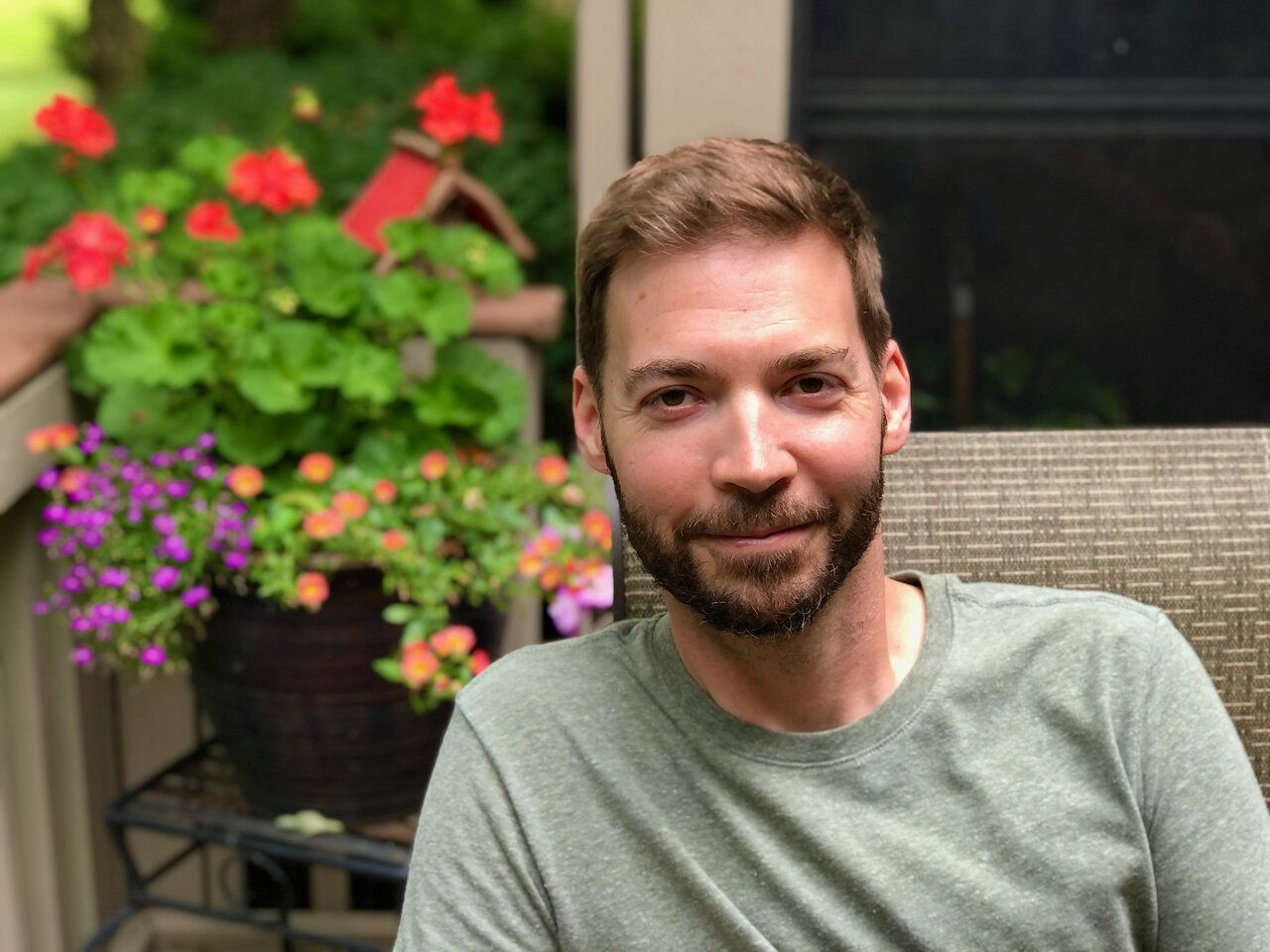“I should…”
Jun 27
/
Aaron Stamper

This pesky phrase (either spoken on unspoken) seems to surface more and more these days. I’ve felt it and said it, even when masking the phrase in more eloquent language. I’ve heard it from family, friends, and my spiritual directees.
Feeling like you should do something is an authentic feeling (i.e., it is very difficult to lie to yourself about the things you feel you should and should not do). For example, when I think I should reach out to a friend I haven’t spoken with in several months, I authentically believe that there is value in reaching out to my friend. I can feel dread, nervousness, excitement, or any emotion in between about the prospect of reaching out to them, but the impulse is always authentic.
Authentic impulses are places where we are invited to direct our energy because they lead us into truth. One of the greatest services we can offer to ourselves or others whenever we encounter the word “should” is to ask “why?”
Unfortunately, we don’t often stop to ask (nor are we asked) “why?” This question can seem nosy and impolite. Asking “why” is humorously disregarded as a childish impulse, like the toddler whose response to every statement is “why?” Even schools, with the reliance on standardized testing, are increasingly pressured to prioritize the memorization of facts at the expense of cultivating students’ curiosity. Asking “why?” is a holy and impactful spiritual practice. Like all spiritual practices, it also requires practice.
“Shoulds” can be virtuous and helpful. For example, people may feel they should spend more time reading their tradition’s holy texts. This could be a virtuous impulse if the motivation for the “should” is to be more familiar with and closely aligned to their faith tenets as well as to experience a relationship with the divine.
However, “shoulds” can also be impulses fueled by unhealthy experiences and/or expectations put upon you by someone or something else. It can be a damaging impulse if the desire is born from a comparison to someone else. People might say they should spend more time reading their tradition’s holy text because it is an expectation placed on them by their community, but they had a painful experience with scripture that remains unresolved. While there is abundant reason to hope that the divine would communicate with the reader in a scripture experience, it is very likely the motivation will falter the first time the person’s trauma is triggered by the text.
Before a “should” impulse is acted upon, it requires exploration. A “why” can get to the heart of a “should.” This journey, however, will require patience and grace.
Those whom I have the pleasure of meeting for spiritual companionship are often weighed down with “shoulds.” Some feel they should have a stronger faith. Some feel they should be getting more out of their experiences in faith communities. Some feel they should be doing more and giving more to organizations. Some feel they should not be wrestling with the same doubts over and over again.
As a fellow “should-er,” I listen for and recognize the “should”-impulse, even when it’s wrapped in eloquent language. When I hear it, I pounce (gently, of course, so as not to startle my companion). I hone in on the “should” and respond with a “why?”
Many companions appear unsure of themselves when an answer to the “why” question seems out of reach. I assure them I don’t expect a polished or even coherent answer because that person likely has not been asked to plumb these depths before. It will take time to come up with an answer to a previously-unthought-of question. This inner journey is beautifully messy, as each “why?” eventually leads to a thought that deserves its own “why?” response.
My prayer for you is that you have people in your life with whom you feel safe, people who are genuinely curious about you, people who ask you “why?” When that important question is not being asked by others, may you have the courage and insight to ask it of yourself. My prayer is also that you would be brave to let that question work on you. Knowing why you feel you should do something is every bit as important as the impulse itself.
Reflection Questions:
Has anyone asked you “why?” lately?
- If so, recall and describe the experience of identifying the “why” behind the “should”?
- If not, consider some of these questions regarding whatever it is you feel you should be doing:
- Why are you making this decision as opposed to another one?
- Why do you want to be like that or end up there?
- Why is this or that your goal?
- Why do you feel the way you do?

Aaron Stamper
Aaron Stamper, M.Div, is a former pastor and interfaith hospital chaplain who has found his calling as a spiritual director through Spiritus Center. He is a contemplative at heart and is happy to connect with others and with the divine in a church, a walk through the woods, an honest conversation, or in the pages of scripture. Residing in Columbus, Ohio, he is able to serve as a digital soul companion to people across geographic boundaries. Aaron earned an M.Div degree from Fuller Theological Seminary, a Certificate in Christian Spiritual Formation from the Renovaré Institute, and a Certificate in Spiritual Direction from George Fox University. He served as an ordained minister in the Evangelical Lutheran Church in America (ELCA) for 12 years and has a particular gift for accompanying pastors through their unique challenges. Learn more (and read Aaron's book) at www.spirituscenter.org.

